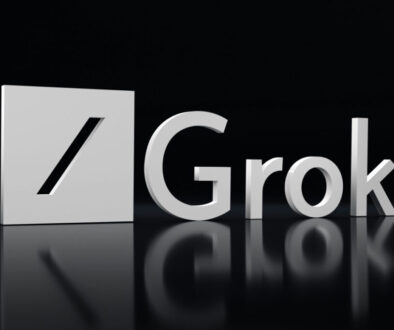Member States Tighten Social Media Access for Minors
European Commission recently issued guidelines under the Digital Services Act (DSA) to enhance online protection for minors. These guidelines clarify the Commission’s expectations for platforms regarding child safeguarding and permit member states to introduce stricter national measures, including the possibility of banning or restricting social media access for minors and requiring parental consent. Countries such as France, Spain, and Greece are at the forefront, each adopting distinct approaches to address the challenges of age verification and online safety.
France is advancing legislation to ban social media access for minors, with implementation expected in the upcoming legislative session. The French government is also evaluating whether to adopt the Commission’s prototype age verification app, which incorporates Google’s zero-knowledge proof technology, or to develop a sovereign alternative. France’s proactive stance is further reflected in its strict enforcement of age verification on adult content platforms.
Ireland’s Online Safety Code now obliges major video-sharing platforms to implement effective age checks or parental controls, especially for platforms hosting adult or violent material. While the regulatory framework does not prescribe a specific verification method, it mandates that self-declaration is insufficient, aligning with the UK’s approach.
Spain and Greece are piloting digital wallet solutions for age verification, with Spain proposing to set the minimum age for social media accounts at 16. Greece’s “Kids Wallet” app requires parental digital ID verification for minors seeking social media access, a model supported by Meta. These national initiatives illustrate the diverse strategies EU countries are employing to strengthen child protection online, leveraging both EU-level tools and bespoke national solutions.



